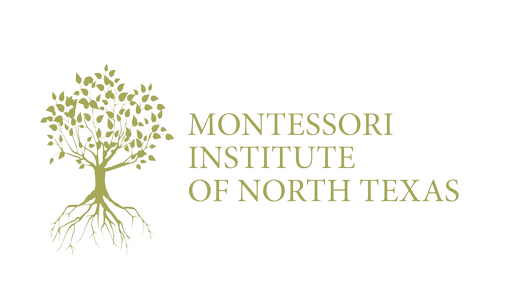Every Child is a Miraculous Being…
by Sheri L. Bishop, M.Ed.
When I was invited to write this blog about how to support BIPOC children in our Montessori classrooms/community, an important Dr. Maria Montessori quote came to mind, “The child is truly a miraculous being, and this should be felt deeply by the educator." Montessori, Absorbent Mind, pg. 121.
When a child stepped in my classroom for the first time I usually had had the benefit of meeting them and their parents during a pre-enrollment visit. I would have read the parent’s descriptions of their child’s strengths and improvement opportunities. On paper, the parents would have poured out their hopes and expectations for their most precious creation. I have found this to be true for every parent of every race, ethnicity, nationality, and socio-economic status. By the first day of school, the child and I would have been officially introduced, however, we wouldn’t truly know one another.
I understand quick introductions and hurried welcomes into my life. I am the mother of two adopted children. My husband and I struggled to become parents. We made it known within our communities that we wanted, not to necessarily to be birth parents, but to be loving, nurturing parents to children that needed us. We also yearned for them. After eight years of marriage, we were blessed with our eldest son Omar. Six years later we were gifted with James. Each time we had only 24-48 hours to “know” them. Each time we fell in love immediately. We trusted that they were miraculous beings and we felt this deeply. We welcomed them into every aspect of our lives unconditionally. Both of them will always be with us, be of us, and never “othered”.
Just as I immediately assumed my children gifted to me were wonderful in every way, doing the same for BIPOC children stepping into our environments is vital for their success. In the words of James Baldwin, “Black people [BIPOC] are not exotic, bizarre, and practically, according to human laws, unknown…we are human too.” Do not “other” our children. In all situations, do the same thing that you do with your own children and the children within your classroom that are of your own racial/identity group. Welcome them, fall in educational love with them, assume they have potential, believe in them, expect success, honor their history and culture, protect them, respect them, assume they possess the innocence that is expected for their age, appreciate their differences, acknowledge their presence, intellect, and contributions in the life of the classroom, listen to them, hear them, appreciate their outer and inner beauty and differences, invest your professional time and energy in them and their families, celebrate with them, mourn with them, and appreciate their culture. Finally, recognize and fully accept their humanity. When this is accomplished, they will thrive.
Interrogate your biases. Avoid stereotypes. Acknowledge and denounce racism. Children sense insecurity. Establish mutual trust. Be authentic. Be humble. Be vulnerable.
Embrace. Guide. Teach. Listen. Observe. Learn. Repeat.
They walked into your classroom as miracles. It is up to you, the guide, to discover why.
© 2021 Sheri L. Bishop
Sheri L. Bishop
Sheri is an experienced Montessori Elementary guide, holds an AMI 6-12 diploma from the Montessori Institute of Atlanta, a Masters in Montessori Elementary Education from Loyola University in Baltimore, MD and is striving to complete her requirements for an AMI 3-6 diploma from the Montessori Institute of North Texas. Sheri serves at the AMI/USA Human Rights and Social Justice Advisor, the Anti-Bias/Anti-Racist Consultant for Montessori Institute of North Texas (MINT) and is a substitute guide at the joyful Norfolk Montessori Academy in Norfolk, Virginia. She is pleased to serve on the Virginia Montessori Association Board of Directors. She is a proud mother of two sons, both who attended Montessori schools during their primary, elementary, and/or middle school careers. They were her inspiration to start a second career, pursue training to become a trained Montessori guide, and to become an ABAR/HRSJ advocate within the Montessori community.

